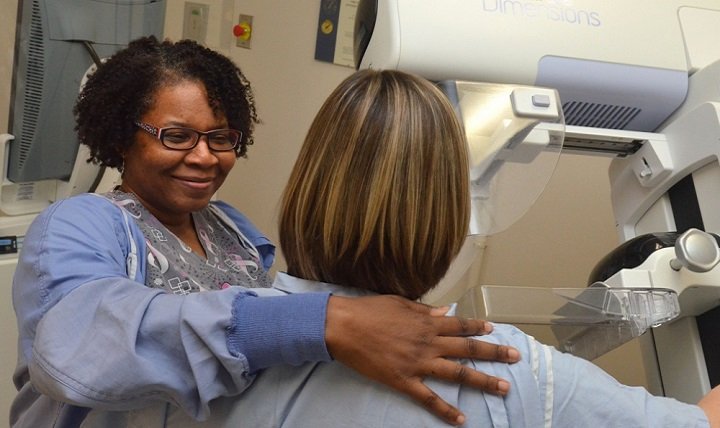Autoimmune disorders
Type1 diabetes, Rheumatoid arthritis, multiple sclerosis, are common issues, when your medical report says, “You have an autoimmune disease or disorder”. Waking up with stiff joints and back is the most common problem. Most of the patients suffering from Arthritis gets frustrated with painkiller and NSAIDs. Keeping a check over your sugar is also a panic problem.
Despite all allopathic treatments, the situation stays the same and other problems such as the risk of colon cancer, Ulcer, heart burning, constipation, and piles rise up. When nothing works, your body healing works.
Nature has its own ability to heal the body. The mother nature takes care of the body through developing antibodies and repairing the immune system. The immune system stops saving our cells while autoimmune disease.
What are the antibodies?
What is autoimmune disease?
The autoimmune diseases are the diseases, which wrongly consider your own body cells as the enemy and start attacking them.
The immune system plays the role of guarding against the virus and bacteria. Normally, the immune system right recognizes the difference between your own cells and foreign cells. When your body suffers from autoimmune disease, the immune system gets unable to make difference between the part of your body such as skin, joints, hair, and foreign cells. Your body starts producing autoantibodies that attack the healthy cells.
In an autoimmune disease or disorder, the immune system mistakes part of your body, like your joints or skin, as foreign. It releases proteins called autoantibodies that attack healthy cells.
Some autoimmune diseases occur at any particular organ, such as in Type 1 diabetes, whereas few diseases such as systemic lupus erythematosus (SLE) starts affecting the whole body.
Why does the immune system start attacking the body?
Till date, there is no specific research and development that gained the proven results behind the cause of the immune system misfire. Doctors have no specific reason behind the “Why” of patients. Yet, few people are seen to have more immune disorders than others.
According to the study, around 6.4 percent of women are affected by Autoimmune disorder whereas 2.7 percent of the men are affected with the same. In the USA 23 percent of all adults and around 54 million people are suffering with Arthritis.
Another data coming from ADA suggests around 40000 people every year are diagnosed with Type1 diabetes in the USA. Also, genetics plays a significant role in saving a person from disease and making one more prone. The notorious Lupus is said to threaten African-American more than the Caucasians.
Although the causes of the autoimmune disease or disorder are not exactly known, still people who are more exposed to chemicals and infections are susceptible to the disorder.
Also, the consumption of heavy-sugar, high-fat foods, and processed foods said to have increased the inflammation. However, there are no proven facts behind it.
According to the Hygiene Hypothesis, today children are not exposed to as many viruses, germs, and bacteria because of antiseptics and vaccines, as they were a few decades ago. This makes their immune system weak.
What causes autoimmune disease?
Contributing factors of Autoimmune disease:
- Genetics
- Diet
- Infection
- Chemical Exposure
Symptoms: Signs of Autoimmune Disease
The autoimmune disease such as Type1 Diabetes gives symptoms such as Weightloss, excessive thirst, and fatigue, whereas RA (Rheumatoid Arthritis) causes flare-ups to come and go. However, common symptoms are below:
- Fatigue
- Fever
- Muscle ache
- Lack of concentration
- Inflammation
- Numbness in hands and feet
- Skin rashes
- Hair loss
Treatment for Autoimmune disease
Treatments are not the complete cure for autoimmune diseases, but they can help in slow down the immune system response. This reduces the inflammation and also lowers the flareups.
Common drugs used for autoimmune treatment:
- NSAIDs such as naproxen and ibuprofen.
- Immune suppressing drugs
Nutrition plays an important role in maintaining the Auto-Immune disorders. Taking a well-balanced food, avoiding high-fat and heavy food reduces symptoms such as pain, swelling, and fatigue.
Next to read: What are 80 different autoimmune disorders?
The main treatment of overactive immune system is to calm down its response, and bring down the infammation. The medication for autoimmune disorder also helps in relieving the symptoms.
Image Source: Autostockimage












